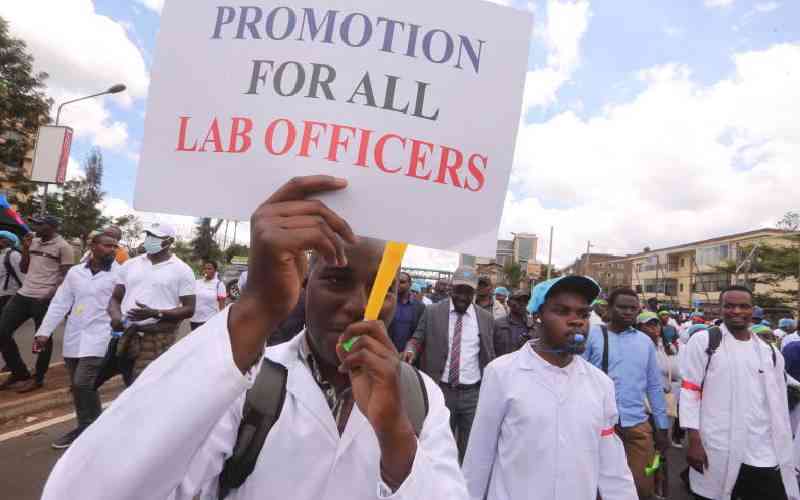×
The Standard e-Paper
Kenya's Bold Newspaper

Audio By Vocalize

When was the last time you were in a hospital as a patient? Walking into those hospital corridors, you were seeking healing from an ailment.
If you happened to sit across a white-coated doctor and explained your symptoms, you probably hung on every word they uttered in response. Maybe some tests were done, and thereafter, the doctor gave you a diagnosis and prescription. A few days or weeks later, you were fully healed, thanks to this interaction.
